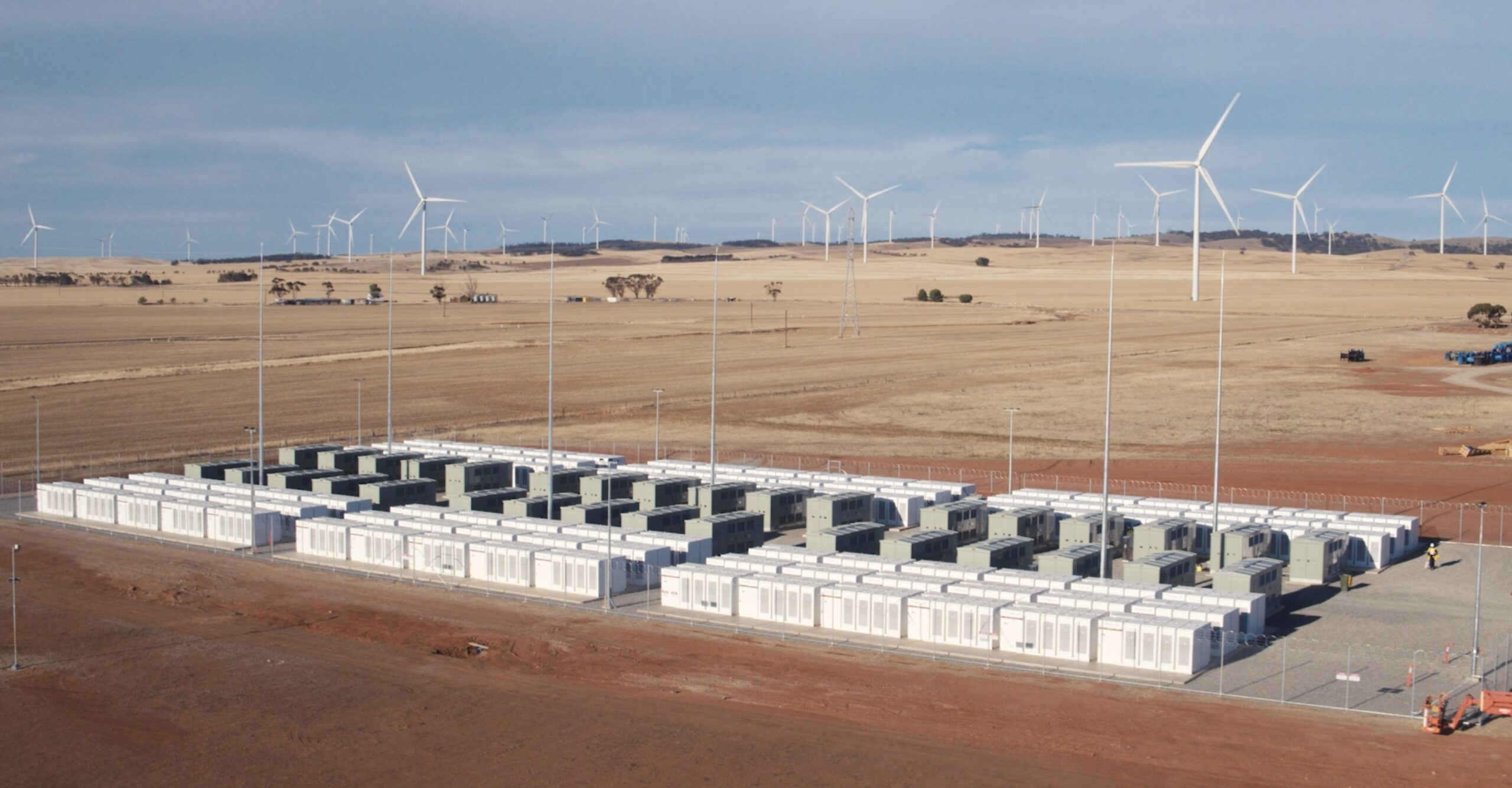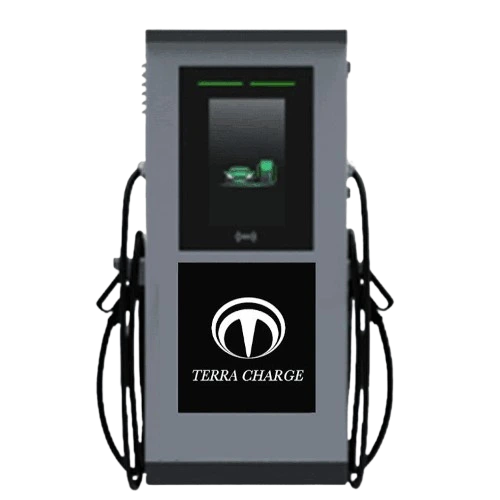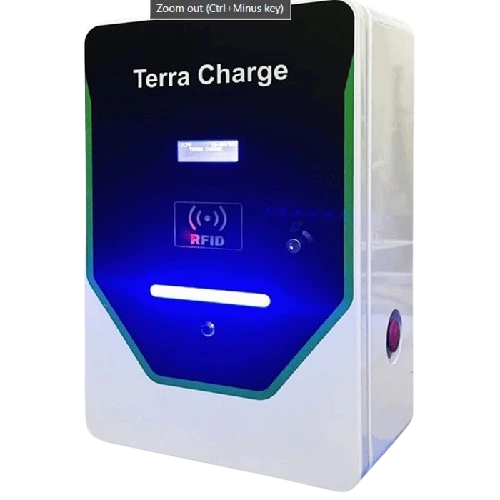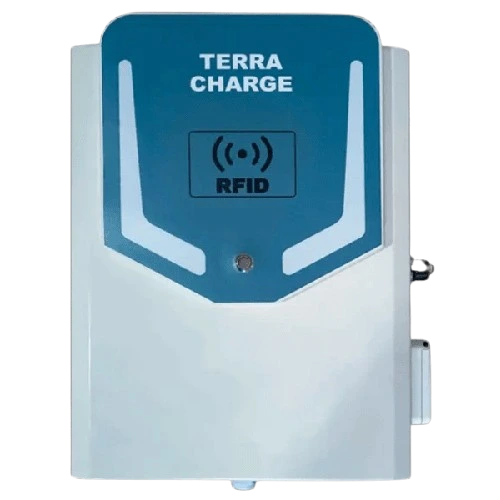Key Insights
- BESS Scheme reflects a strong commitment to clean and sustainable energy solutions.
- Scheme aims to harness renewable energy sources to provide clean electricity.
- Crucial role in mitigating the challenges of intermittent energy sources.
- 4,000 MWh BESS projects, VGF, competitive pricing, and Discom integration.
In a significant move towards a cleaner and greener future, the Government of India has given its stamp of approval to the Scheme for Viability Gap Funding (VGF) for the development of Battery Energy Storage Systems (BESS). This visionary initiative is designed to harness the vast potential of renewable energy sources like solar and wind power, with the goal of providing clean, reliable, and affordable electricity to all citizens. Let’s dive into the details of this groundbreaking scheme and its implications for the nation’s energy landscape.
Empowering Renewable Energy
One of the cornerstones of the BESS Scheme is its commitment to harnessing renewable energy sources. By focusing on energy storage solutions, the government aims to make the most of intermittent sources like solar and wind power. These sources, while abundant, often face challenges due to their variable nature. BESS offers a solution by storing excess energy during periods of high production and releasing it when demand is at its peak, ensuring a consistent and reliable power supply.

Highlights of the BESS Scheme
1) Development of 4,000 MWh of BESS Projects: Under the BESS Scheme, the government aims to develop a substantial 4,000 MWh of BESS projects by 2030-31. This ambitious goal is set to transform the energy landscape of the country and reduce its dependence on conventional power sources.
2) Financial Support: To encourage the development of BESS projects, the government is offering financial support of up to 40% of the capital cost as budgetary support in the form of Viability Gap Funding (VGF). This support will significantly reduce the cost of battery storage systems, making them more financially viable.
3) Levelized Cost of Storage (LCoS): The BESS Scheme is set to achieve a Levelized Cost of Storage ranging from Rs. 5.50-6.60 per kilowatt-hour (kWh). This competitive pricing will make stored renewable energy an attractive option for managing peak power demand across the country.
4) Benefiting Distribution Companies (Discoms): To ensure that the benefits of the scheme reach consumers, a minimum of 85% of the BESS project capacity will be made available to Distribution Companies (Discoms). This will not only integrate renewable energy into the grid but also optimize transmission networks, reducing the need for costly infrastructure upgrades.
5) Transparent Bidding Process: BESS developers will be selected through a transparent competitive bidding process. This approach promotes a level playing field for both public and private sector entities, fostering healthy competition and encouraging investments in the BESS ecosystem.
A Greener and Brighter Future
The BESS Scheme is a testament to the Indian government’s unwavering commitment to promoting clean and green energy solutions. By harnessing the power of renewable energy and encouraging the adoption of battery storage, the nation is taking a significant step towards a brighter and greener future for all its citizens.
This initiative not only reduces our carbon footprint but also positions India as a global leader in sustainable energy solutions. The BESS Scheme is poised to create new opportunities, attract investments, and pave the way for a more sustainable and prosperous India. As we move forward, let us embrace this transformative initiative and work collectively towards a cleaner, greener, and brighter tomorrow.












